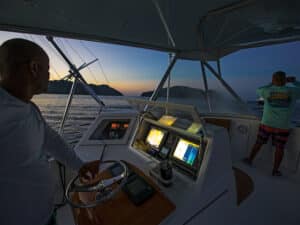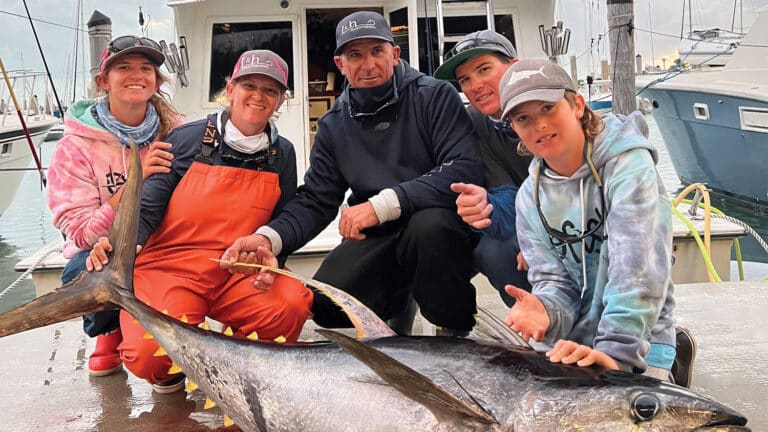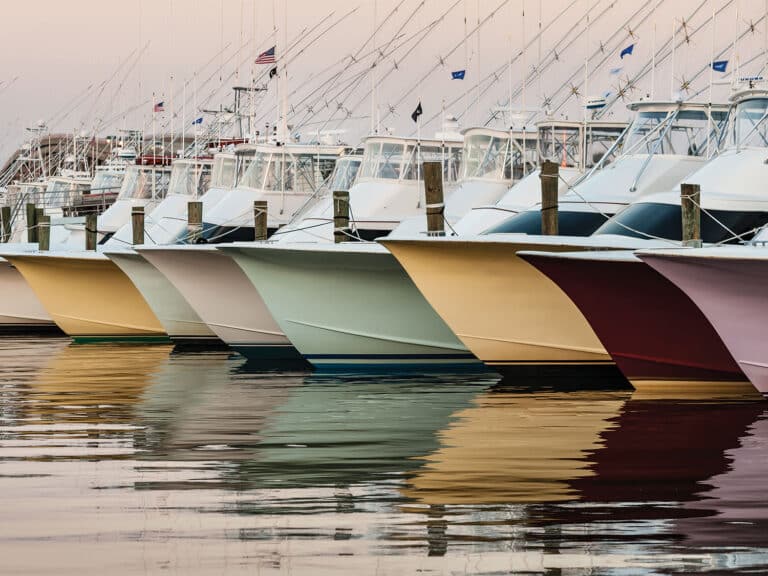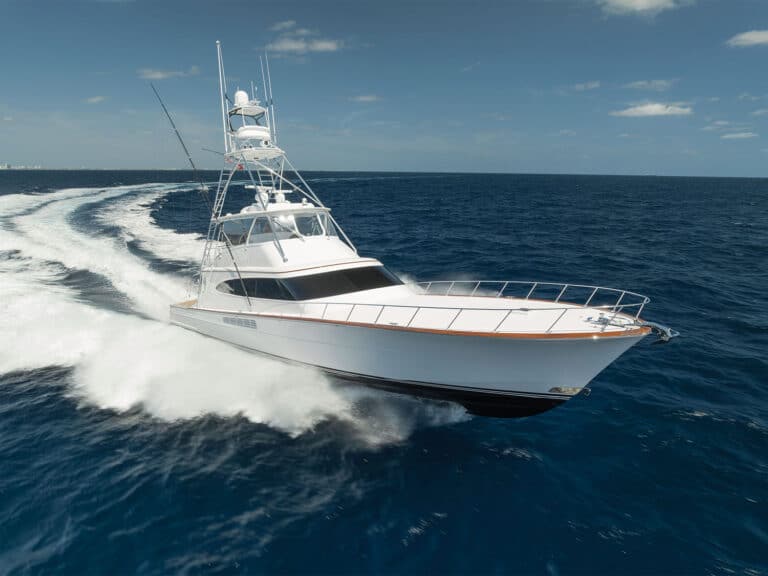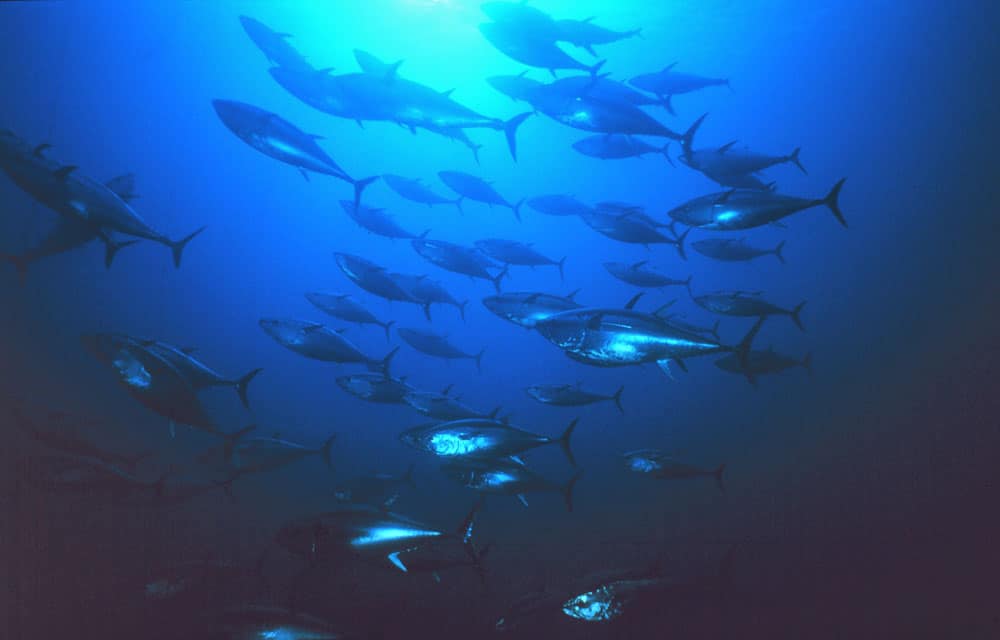
School of bluefin tuna
Molly Lutcavage, director of the Large Pelagics Research Center at the University of Massachusetts Amherst’s Gloucester Marine Research Station, recently received a grant to design, conduct and analyze the first autonomous aerial vehicle surveys of Atlantic bluefin tuna with postdoctoral fellow Angelia Vanderlaan and colleagues. Funded by the National Oceanic and Atmospheric Administration (NOAA) one-year, $145,694 grant, Dr. Lutcavage and her team will develop new stock assessment techniques for estimating the size and number of individuals within surface schools of bluefin tuna in the north Atlantic.
Lutcavage commented on the project, “The goal is to combine high-resolution, aerial imagery taken using an unmanned aerial vehicle with sonar acoustic surveys to improve the quality of Atlantic bluefin tuna stock assessments. To achieve this, we’ll need to complete some smaller pilot studies to make sure the techniques we plan to use are giving us accurate information and to allow us to remove biases inherent in aerial surveys.” Lutcavage’s research group is one of NOAA’s pilot research groups in the use of a hexacopter, or remote-controlled aerial vehicle, to study fish in natural conditions at sea.
Often called drones by those in the sport fishing industry, these crafts will carry a high-resolution camera mounted in the belly and will hover over schools of tuna to allow researchers to photograph and later count individuals in the group. Also outfitted with sonar, the aerial survey tool should offer a new method for creating a detailed picture of bluefin tuna populations in the north Atlantic.
The Large Pelagic Research Center has nicknamed their aerial vehicle WASABI, for Water Imaging Aerial Surveying Automated Biological Instrument (very fitting when you are talking about the most commerically important species in the Atlantic). She says, “It’s the result of a 20-year attempt to focus on developing direct assessment capability.” Additionally, Lutcavage’s Gloucester-based research team will work with long-term tuna research partners and stars of television’s “Wicked Tuna” series, Captain Bill “Hollywood” Muniz and his spotter, Mark Brochu.
To read the entire story from Marine Technology News, click here.
